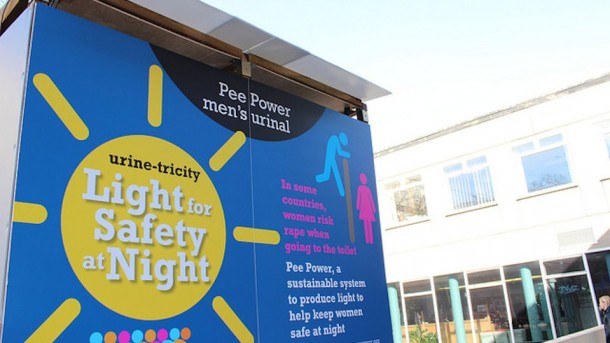History has seen human urine being converted into a number of useful things and now a team of researchers from the University of the West of England (UWE Bristol) has created a prototype that is capable of transforming urine into electricity.
The device will be used for providing power to the refugee camps. It uses microbial fuel cell (MFC) convertor stacks to convert urine into power and by employing it at refugee camps, there will be a marked reduction in waste liquids being generated. This will subsequently help reduce the pollution and shall allow for better sanitation along with improved living conditions.
The project is a collaboration between UWE Bristol and Oxfam. The study is being led by Professor Ioannis Ieropoulos at the Bristol Robotics Laboratory. The team is hopeful that this device will be able to affect those who have been displaced due to famine, natural disaster or war. Professor Ieropoulos said, “We have already proved that this way of generating electricity works. Work by the Bristol BioEnergy Centre hit the headlines in 2013 when the team demonstrated that electricity generated by microbial fuel cell stacks could power a mobile phone. This exciting project with Oxfam could have a huge impact in refugee camps.”
He further said, “The microbial fuel cells work by employing live microbes which feed on urine (fuel) for their own growth and maintenance. The MFC is in effect a system which taps a portion of that biochemical energy used for microbial growth, and converts that directly into electricity – what we are calling urine-tricity or pee power. This technology is about as green as it gets, as we do not need to utilize fossil fuels and we are effectively using a waste product that will be in plentiful supply.”
In order to make this project feasible in monetary terms, the team has to make sure that the gadget is cost effective and durable as well. The team believes that can be done. Professor Ieropoulos said, “One microbial fuel cell costs about £1 (USD $1.50) to make, and we think that a small unit like the demo we have mocked up for this experiment could cost as little as £600 (USD $900) to set up, which is a significant bonus as this technology is in theory everlasting.”
